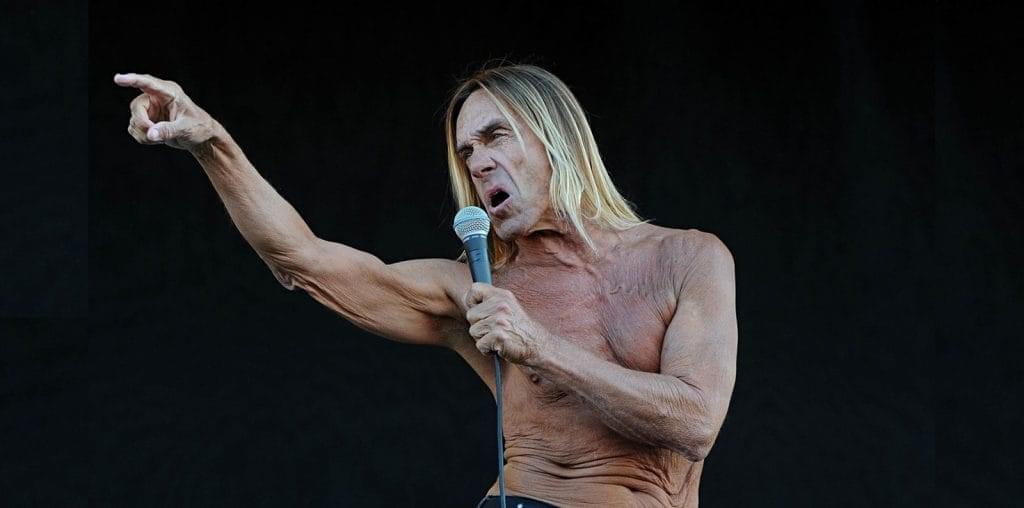
AFD Theatrical proudly presents the American premiere of “Forget Baghdad,” the compelling new documentary which traces the Sephardic Jewish experience through the Arab and Israeli worlds. “Forget Baghdad” will have its American theatrical premiere on December 5 at Cinema Village in New York (22 East 12th Street, between Fifth Avenue and University Place).
Conceived and directed by Samir, the son of an Iraqi Communist who immigrated to Switzerland, “Forget Baghdad” reflects upon the clichés of the “Jew” and the “Arab” in Israeli and Iraqi society vis-à-vis the last one hundred years of cinema. Traveling to Israel in search of his father’s former colleagues, he meets four fascinating Iraqis in exile: Shimon Ballas, Sami Michael, Samir Naqqash, and Moussa Houri, all former members of the Iraqi Communist Party.
“Forget Baghdad” offers a rare glimpse into a community which is little-known but extremely important in light of the current Middle East crisis. Those variously known as “Sephardis,” “Mizrahim,” or “Arab Jews” — that is, people of Jewish religion and Arab culture — have long found themselves caught between warring worldviews. Uprooted virtually overnight at the founding of the modern Israeli state, many Sephardis lost first their homeland and then, with the escalation of the Palestinian-Israeli conflict, their very cultural identity.
The film also explores the at once painful and humorous stories of the younger generation — the sons and daughters of such Iraqi exiles — represented by the Iraqi-Swiss filmmaker Samir and Iraqi-Israeli-American film scholar Ella Shohat, both of whom grew up negotiating between two worlds in conflict.
“Forget Baghdad” employs a rich array of archival materials — British, Iraqi, and Israeli newsreels, Hollywood features (“Son of the Sheikh,” “Exodus” and “True Lies”), Israeli “Boureka” comedies (“Sallah Shabati,” the first Israeli film nominated for an Academy Award ), and Egyptian musical-comedies — to explore its themes of disidentification and cultural essentialization. At a moment when the United States remains at war in Iraq, and when peace in the Middle East seems more and more out of reach, this especially timely documentary offers a much-needed glimmer of sanity and hope.
